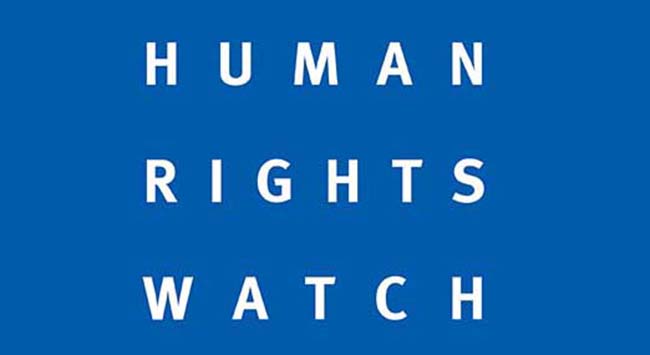In the state of nature, there were no rule and regulation and the community was empty of virtue and moral values. For instance, when a member of a tribe was killed in the past, a serious fight broke out between the two tribes leading to further deaths. The rich were exploiting the poor, the strong bullying the weak, the kings torturing and killing with no iota of mercy and it was ‘war of all against all’. The world was in deep barbarity and rights and freedom were meaningless terms. To get rid of such turbulence and disorder, people submitted some of their rights to a person or a group of people to have their rights and liberty safeguarded in return– the idea of “social contract” suggests.
The concept of “rights” emerged among the people in a very basic form, though. The tribal conflicts were gradually brought to the elders to prevent from bloodshed. With the passage of time, the basic concept of “rights” developed and “natural rights” came under the discussion of scholars and philosophers. It was believed that men are born with natural rights which are unalienable and inviolable and the state is not allowed to deprive one of his/her natural rights. The idea of natural rights had root in religion and it was deemed as divine rights since it was bestowed by Lord.
Following historical wars and violence, which inflicted heavy casualties upon the world and outraged human conscience, the “human rights” discourse came under discussion. Since a large number of people were killed on the grounds of their race, beliefs and color, human rights suggested that men are born free and with a set of dignity and equal rights on the basis of being human irrespective of their accidental backgrounds. Ultimately, the Universal Declaration of Human Rights (UDHR) was approved in 1948 under which the world is supposed to respect the rights and dignity of mankind. Besides being originated from ethical code and golden rule, it has also some religious bases.
Human rights, which claim to decrease the pain and sufferings of mankind and prevent from war and violence, should be discussed from secular point of view rather than religious perspective. A religious approach towards human rights will widen the schism among religious and secular parties and religious wars and crusades will repeat around the globe – which is against the objective of the UDHR. It is believed that the soul of religions nurture the UDHR but fundamental interpretations of religious texts, which deny pluralism and relativism, challenge the Declaration.
Human rights, which are unalienable and inherent rights that men are equally endowed with irrespective of their race, sex, color, belief, etc, have passed many ups and downs throughout the history. The scholars who played significant role in developing human rights believe that – in addition to all man-made rights – there is a body of rights which were not the product of civilization and which have always existed and will exist for ever. These are the Natural Rights. They, as Tom Paine says, “appertain to man in right of his Existence.” Simply by being a human, one possesses these inalienable and immutable rights – regardless of the government, religion, or ethical system under which one lives.
Experiencing the boundless pain and suffering in Second World War and the fear of Nazism and Fascism awakened the conscience of mankind and triggered the discussion of universal human rights. Men’s painful experiences of war and bloodshed were combined with the survival of natural rights’ theories to be resumed in human rights’ frame. In other words, natural rights, which were weakened by the conceptual confusion, high ambitions and strong criticism of positivists, were recovered in International instrument and here claim to decrease the pain and suffering of men and provide the human societies with justice, freedom and peace. Hence, the theories of natural rights survived the historical challenges and crossed that tortuous path successfully.
However, the rights and liberty of mankind has been left at the mercy of war and violence once again and being violated to a great extent, which is a great cause for concern. The religious extremists, who interpret human rights through ideological lens, spill the blood of individuals on the grounds of their accidental backgrounds. The radical ideologues divide the world into the sacred and the profane and believe that those who live out of their ideological line are in the profane world and deserve to be disposed off. In other words, they consider the rights and dignity of mankind on the basis of their faith and religion and whoever does not exercise their ideology will be deemed to deserve death – such mentality is extremely perilous and poses serious threat to the world.
Home » Opinion » Ideological Outlooks Hamper Human Rights
Ideological Outlooks Hamper Human Rights
| Hujjatullah Zia

